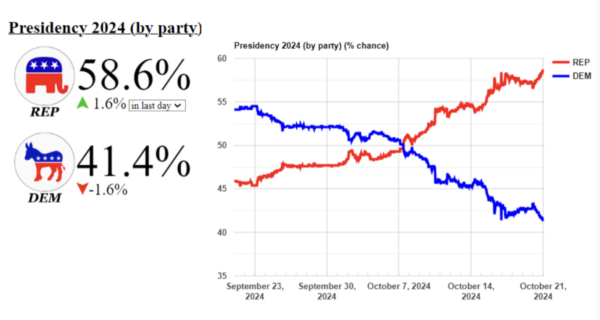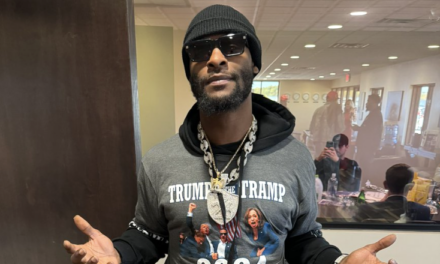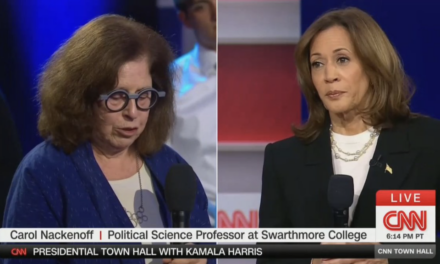We support our Publishers and Content Creators. You can view this story on their website by CLICKING HERE.
Trying to sort out the public polls on the election is a fool’s errand. If you must, just go with the RealClearPolitics poll average, which will probably come closest to the final result at the ballot box.
People who are suspicious of the big media and university-based public polls on this election are right to be, given the anti-Trump error evident in the last two presidential election cycles. Supposedly pollsters this time are trying to correct for their mistakes in the past, but this is a futile effort for reasons that would take too long to review adequately. There’s a surprisingly good article on “The Problem with Polls” in the last issue of the New York Review of Books (surprising because of where it appears) in which the reviewer of a new book on polling makes the essential point that polls themselves can move opinion, and are deliberately designed to do so in many cases:
Problems with polling are typical of the social sciences: every attempt to study how people think and act has the potential to influence how they think and act, thus changing what is being recorded, either in self-fulfilling or self-negating ways. The results of any poll on a particular issue are liable to change how people think about that issue, just as any poll showing a candidate’s popularity is liable to influence that candidate’s popularity. The effects are unpredictable: some social scientists record a bandwagon effect, when people rally behind a candidate who is ahead in the polls, while other studies point to an underdog effect, when the opposite happens. Add to this respondents’ hypersensitivity toward the wording and ordering of questions—Roper once quipped that “you can ask a question in such a way as to get any answer you want”—and any analogy between opinion polls and “a weather forecast” collapses.
That said, sometimes indirect polls—that is, surveys about something other than the head-to-head questions of an election poll—can shed some insight into what is going on. Such is the case with a new poll from our friends at Issues & Insights, which just reported a survey showing a high degree of “buyers remorse” among Democrats over the sudden elevation of Kamala Harris to be the party’s nominee:
This may be one of the factors for why Harris, although still with a tiny and statistically insignificant lead in most head-to-head polls, seems to be slipping. She can’t close the deal. She simply wasn’t vetted the way normal nominees are by a long primary contest. As I put it in the latest 3WHH podcast, the body language of the body politic is all wrong for Harris. Keep your eye on the betting markets, which may be a better indicator than the public polls:

 Conservative
Conservative  Search
Search Trending
Trending Current News
Current News 





